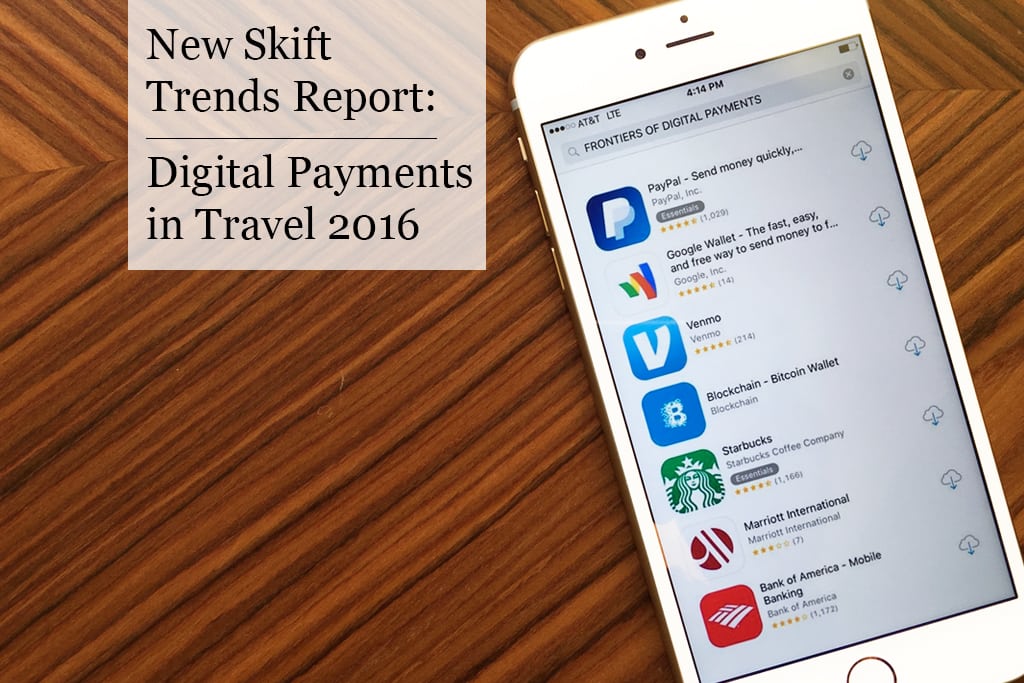Loyalty Programs See Opportunities in Blockchain Technology

Skift Take
This week we launched the latest report in our Skift Trends Reports service, Digital Payments in Travel 2016.
Below is an excerpt from our Skift Trends Report. Get the full report here to stay ahead of this trend.
One approach to cryptocurrencies that could find solid footing in the travel industry is that of turning loyalty program collateral into, say, units driven by blockchain technology and then allowing travelers to spend those units across a broad network of program partners. Within this established network of merchants — both inside and outside of the travel industry — the consumer could redeem points at tens, dozens, or hundreds of merchants. They wouldn’t need to know how; it would be the industry working on the backend that allowed the fluidity of points and increased value of the loyalty program.
Work of this kind is underway at Loyyal, a startup working on a universal loyalty platform built on blockchain technology and the concept of cross-partner redemption.
“From the consumer’s perspective, a number-one want or need — especially from Millennials, for example — is the desire for more redemption options and more technology within their loyalty programs,” says Sean Dennis, co-founder and chief operating officer at Loyyal, during a Skift interview. “Right now the average household has 29 loyalty programs under their roof, less than half of them are active. That’s because they’re limited.”
For example, a travel consumer looking to book a room at a Hilton property using American Airlines voucher miles would have to shop in the American Airlines website marketplace to book the Hilton room. Under Dennis’ assessment that extra step in the process could cost a conversion.
“What we can do is, without going too deep into technology, is that any of the redemption partners can have a commissioned wallet which allows them to accept those miles or points directly,” Dennis says. “We cut out the need for the extra step out. From the consumer’s experience perspective, they go straight to [the travel brand] and book it,” with the blockchain-based loyalty points.
For travel brands, the blockchain technology at work stands to cut back the time and money needed to negotiate inter-brand relationships around loyalty points. And it would allow merchants, using smart-contract technology, to identify consumers well-suited to their offerings, to reach out to them, and then to capture their now-and-future business.
Purchase the report to read the full findings, or subscribe to Skift’s Insider Community and gain access to our entire vault of premium travel market and industry research.




